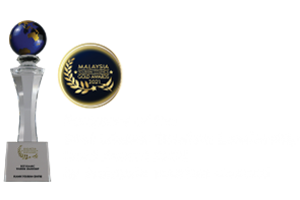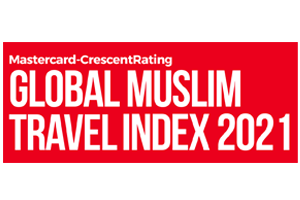Strategy Director at Boldspace, based in London, Arif Miah addressed the common misconceptions surrounding Muslim travellers, particularly those living in non OIC countries. He emphasised the diversity within this demographic, highlighting that they often lived ambi-cultural lives, blending their faith and ethnic backgrounds with the cultural nuances of their local environment.
“A common misconception is the assumption that they share the same identity, cultural and lifestyle experiences as the countries of their ethnic backgrounds— whether that’s South Asian, Middle Eastern, or West African,” Arif explained.
He pointed out that this overlooked the reality of unique cultural identities such as British-Muslim, American-Muslim, or German-Muslim, each with distinct needs and desires when it comes to travel.
TAILORED TRAVEL MARKETING
Arif stressed the importance of representation in travel marketing for these travellers. He mentioned that they were accustomed to seeing non-Muslim faces in travel advertising, which creates a strong desire for brands to specifically resonate with them. “Travel brands need to be cautious in using generic imagery and messaging. It won’t suffice for these populations. To engage this demographic authentically, it’s vital to consider the diversity within the Muslim community and tailor communications that genuinely resonate with their travel appetite and lived experiences.
“Digital engagement plays a pivotal role, particularly through the social media platforms like TikTok. Over the past few years, these platforms have been instrumental in breaking down barriers and forging the digital global Muslim community.
“And for travel, social media content by creators has filled a huge information gap for Muslim travellers by providing raw, authentic, and diverse travel content that goes beyond traditional travel brochures or mainstream media.”
He cited a survey where a participant stated, “I search what other Muslims have said on TikTok. I need to make sure I don’t waste money on a horrible experience,” underscoring the central role of digital platforms in how Muslims plan their travel.
Arif noted that while some brands had made tactical, direct efforts to connect with second and third-generation Muslim travellers in non-OIC countries, there has yet to be a major above-the-line campaign that truly champions the Muslim traveller. He mentioned that, with the growing demand for authentic representation, significant progress was on the horizon, and it’s something his agency is actively working on.
PREFERENCES OF MODERN MUSLIM TRAVELLERS
Arif also discussed the specific amenities and services that second and third-generation Muslim travellers in non-OIC countries seek when choosing a travel destination. He identified access to halal dining options as one of the most significant factors.
“The availability of halal food can make or break a travel experience,” Arif stated, adding that 44 per cent of British Muslims would be more inclined to explore new countries if they had reliable information or guidance on halal options.
Beyond food, he emphasised the importance of Muslim-friendly activities and the availability of prayer facilities, noting that the unknown element of venturing into a new country without this information can be intimidating. – RnR






